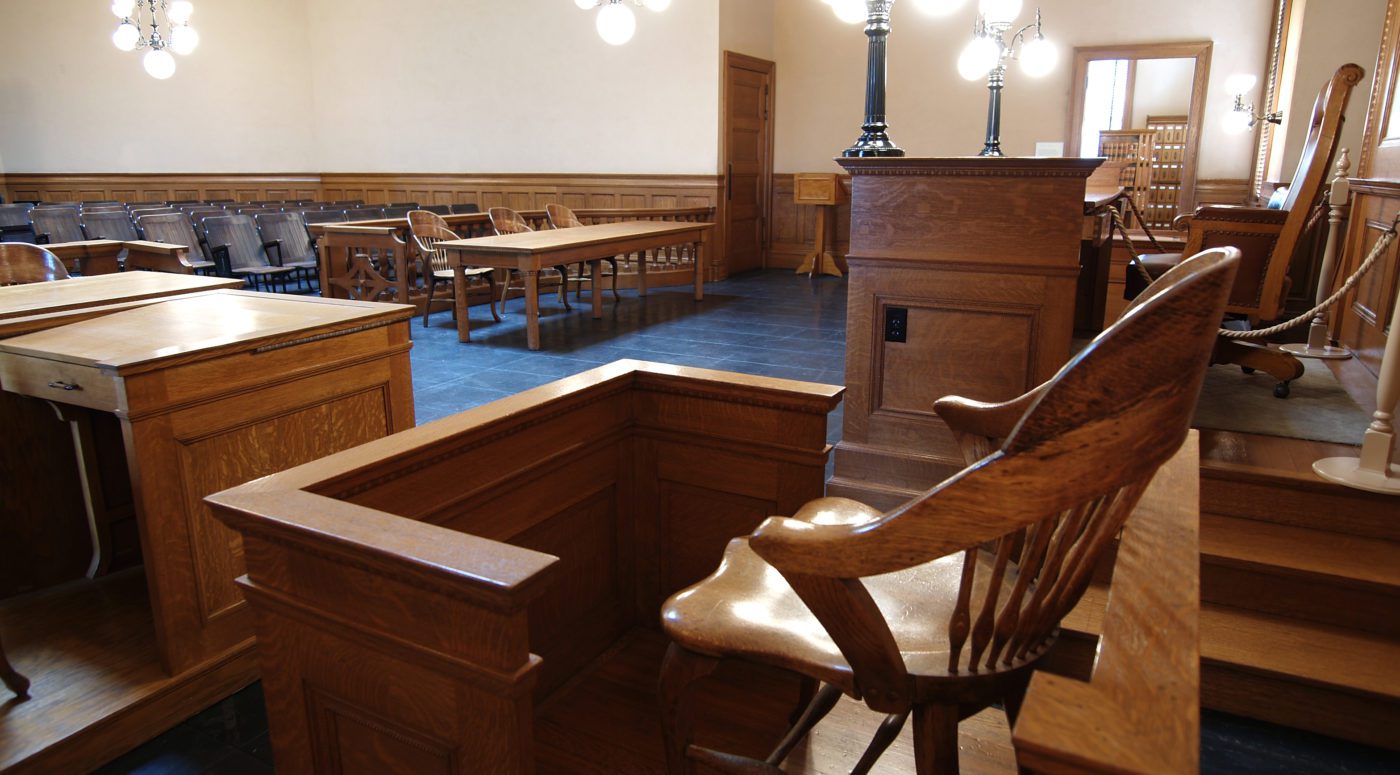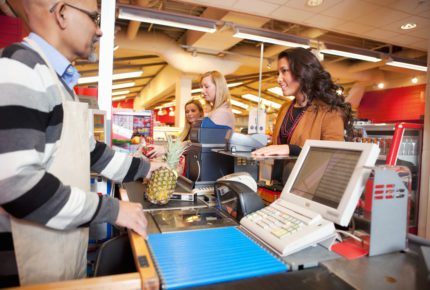

Most people have seen items that look too good to be true on sale at markets and car boot sales, and regrettably, sometimes they are goods that have been stolen. In what circumstances, though, are you committing the offence of handling stolen goods? In order to be prosecuted for this offence, the CPS will need to show that you knew that the goods were stolen at the time that you handled them. This means that if you do not know that the goods were stolen, you cannot be prosecuted. However, if you become aware that the goods are stolen, if you then keep using them, you will be committing an offence. The bad news is that if you bought stolen goods, even if you did not know they were stolen, they will not belong to you. Instead, they remain the property of the original owner.
What is the offence of handling stolen goods?
The offence of handling stolen goods is set out at Section 22 of the Theft Act 1968. This states that:
A person handles stolen goods if (otherwise than in the course of the stealing) knowing or believing them to be stolen goods he dishonestly receives the goods, or dishonestly undertakes or assists in their retention, removal, disposal or realisation by or for the benefit of another person, or if he arranges to do so.
If you are wondering whether you can be charged for this offence in relation to goods that you bought in good faith, the answer is no. In order to be convicted of this offence, the prosecution must prove beyond reasonable doubt that the goods were stolen and the defendant knew or believed that they were stolen at the time of committing the offence.
If the defendant received the goods without knowing that they were stolen, but subsequently finds out that they were stolen, they may be guilty of the offence of acquiring, using, or possessing criminal property under Section 329 of the Proceeds of Crime Act 2002.
The courts have confirmed that ‘handling’ is an offence that can be committed in a variety of different ways, including retaining, removing, disposing of, or selling. The charge sheet should specify in which way the offence was alleged to be committed.
Stolen goods include goods stolen in another jurisdiction if the theft of the goods was an offence in that jurisdiction. It can also include cash obtained by selling the goods. For example, if the thief stole a phone and sold it to the handler, the proceeds would be stolen goods. If the handler sold it on, the proceeds would also be stolen goods as would the phone. However, if an innocent buyer bought the phone and later sold it, the proceeds would not be stolen goods.
Stolen goods also include goods obtained through blackmail or fraud. Cash withdrawn from an account that has received a wrongful credit also constitutes stolen goods.
What is the difference between handling stolen goods and theft?
Theft is the act of taking an item unlawfully whereas handling stolen goods refers to actions taken in relation with the stolen item by a person who is not the thief themselves.
Say, for example, Leanne steals packets of steak at the supermarket. She gives them to Dave, who sells them at the pub. Leanne has committed theft, whereas Dave has handled stolen goods. However, in order to convict Dave, the CPS would have to prove that Dave knew Leanne had stolen the steaks. If Dave could convince the court that he was under the impression that Leanne had come about the steaks lawfully, he could not be convicted for that offence.
What happens if you are suspected of handling stolen goods in the UK?
Where a defendant is found in possession of goods that are believed to be stolen, sometimes it can be difficult for the police to know whether the defendant has stolen the goods, or if he or she is handling them after theft by another person. For example, say the police apprehend Clare with two brand new laptops. They match the description of the devices that have been stolen from the Apple Store but the police do not have any evidence of who actually took them because the CCTV camera was broken. In these circumstances, Clare will be charged with theft and handling in the alternative.
It is not necessary for the prosecution to name who stole the goods in order to secure a conviction for handling stolen goods. It is only necessary for the prosecution to demonstrate beyond reasonable doubt that the goods are stolen.
What is the sentence for handling stolen goods?
The possible sentence for handling stolen goods depends on whether the case is heard in the Magistrates’ Court or the Crown Court. Handling stolen goods is an either way offence, which means that it could be heard in the Magistrates’ Court or the Crown Court depending on the seriousness of the offence and whether the defendant elects to have their case heard before a jury. The Theft Act establishes that the maximum sentence for handling stolen goods is 14 years’ imprisonment. Such a lengthy sentence could only be given by the Crown Court. If the case is heard in the Magistrates’ Court, the maximum custodial sentence is 6 months.
The Sentencing Council has produced a guide that is used by magistrates and judges in order to decide upon the appropriate sentence. This explains that in order to arrive at the sentence starting point, the court must look at the culpability of the offender and the harm caused by the crime.
For cases of handling stolen goods, assuming a leading role in a group of individuals committing the crime will lead to a perception of higher culpability. Your sentence will be more severe if you involve others through coercion, intimidation, or exploitation. In addition, the exploitation of a position of trust or responsibility will increase the seriousness of the offence. Where there is a close connection between you, the person handling the goods, and the fact that they have been stolen, this will also be looked on by the court as an indication of greater criminality.
Offences where the handler obtained the property for their own personal use will be deemed less serious than those where property was sold onwards for commercial gain. Other factors lessening culpability include offences where there was little or no planning or where the defendant was coerced or pressured into committing the offence.
The court will then consider the harm caused by the offence. Firstly, the court will look at the financial value of the property. Then the court will consider the following factors as increasing the harm that has been caused:
- where property was stolen from a domestic burglary or robbery
- items were substantial value to the person that they were taken from regardless of their actual financial worth
- in the case of metal theft, disruption to infrastructure (g. disruption to rail services)
- damage to heritage assets
The court will then consider aggravating and mitigating factors in your case, including any convictions for similar offences. If you are suffering from a mental illness or disability this will be taken into account by the court.
Lastly, the judge will look at whether any sentence reduction should be given for a guilty plea.
Will I go to jail for the first time handling stolen goods?
Whether you will go to jail for the first time handling stolen goods depends on whether you have previous convictions for similar offences, and the seriousness of the offence for which you are being tried.
For example, where the goods stolen are valued above £100,000 you will almost certainly go to prison. You would receive a sentence starting point of between 1 and 5 years’ custody, depending on your role in the offence.
If the goods were worth less than £1000, you would receive either a fine or community level order.
For goods valued between £1000 and £100,000, whether you are likely to receive a custodial sentence depends on your role in the offence. For example, if you played a small role in handling a stolen car worth £20,000, but you could prove you were threatened by a criminal gang into doing so, you might walk away with a community order rather than a prison sentence. On the other hand, perhaps you played a leading role in handling a stolen wedding ring valued at £1500. If the court perceives your conduct to be highly culpable, you could receive a custodial sentence of 1 to 2 years.
Where to get further help
If you have been accused of handling stolen goods, seek the advice of an experienced criminal defence solicitor at the earliest opportunity. At Stuart Miller Solicitors, we understand that standing trial is a daunting prospect. We will ensure that you understand the legal elements of the offence that you have been accused of, and your options in respect of how to proceed with the case. Contact us for a no obligation consultation today.

